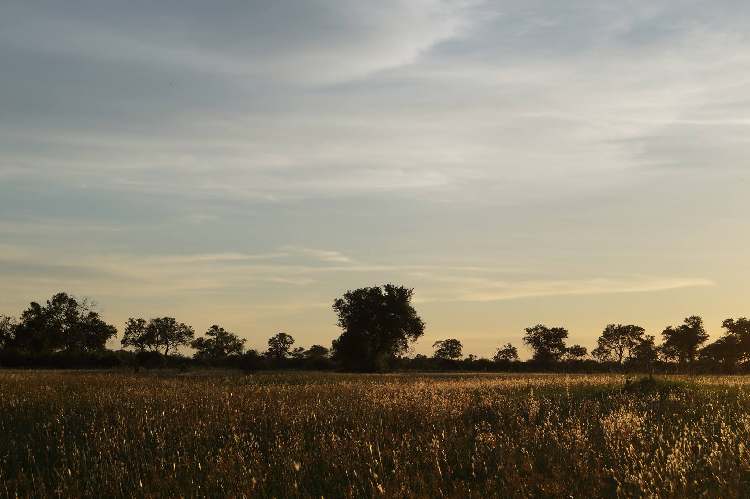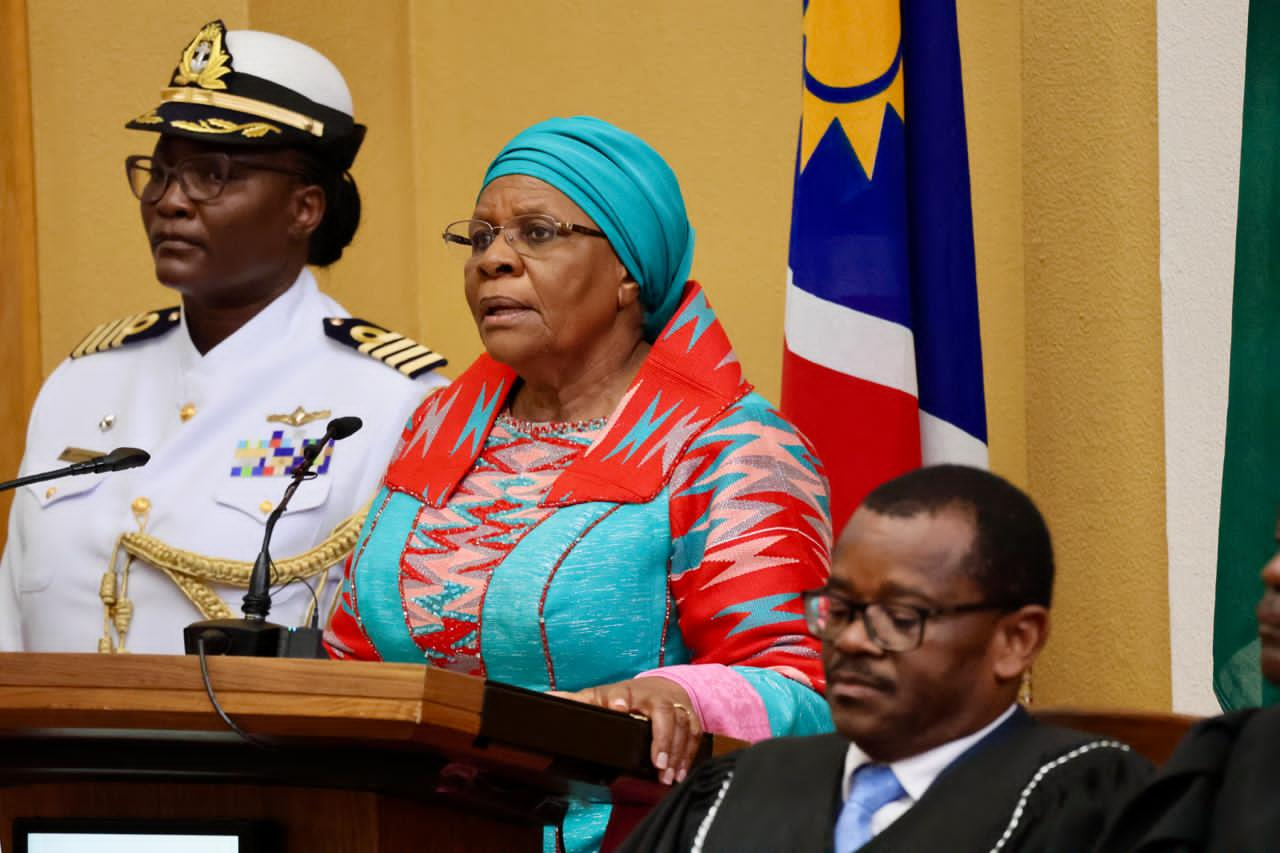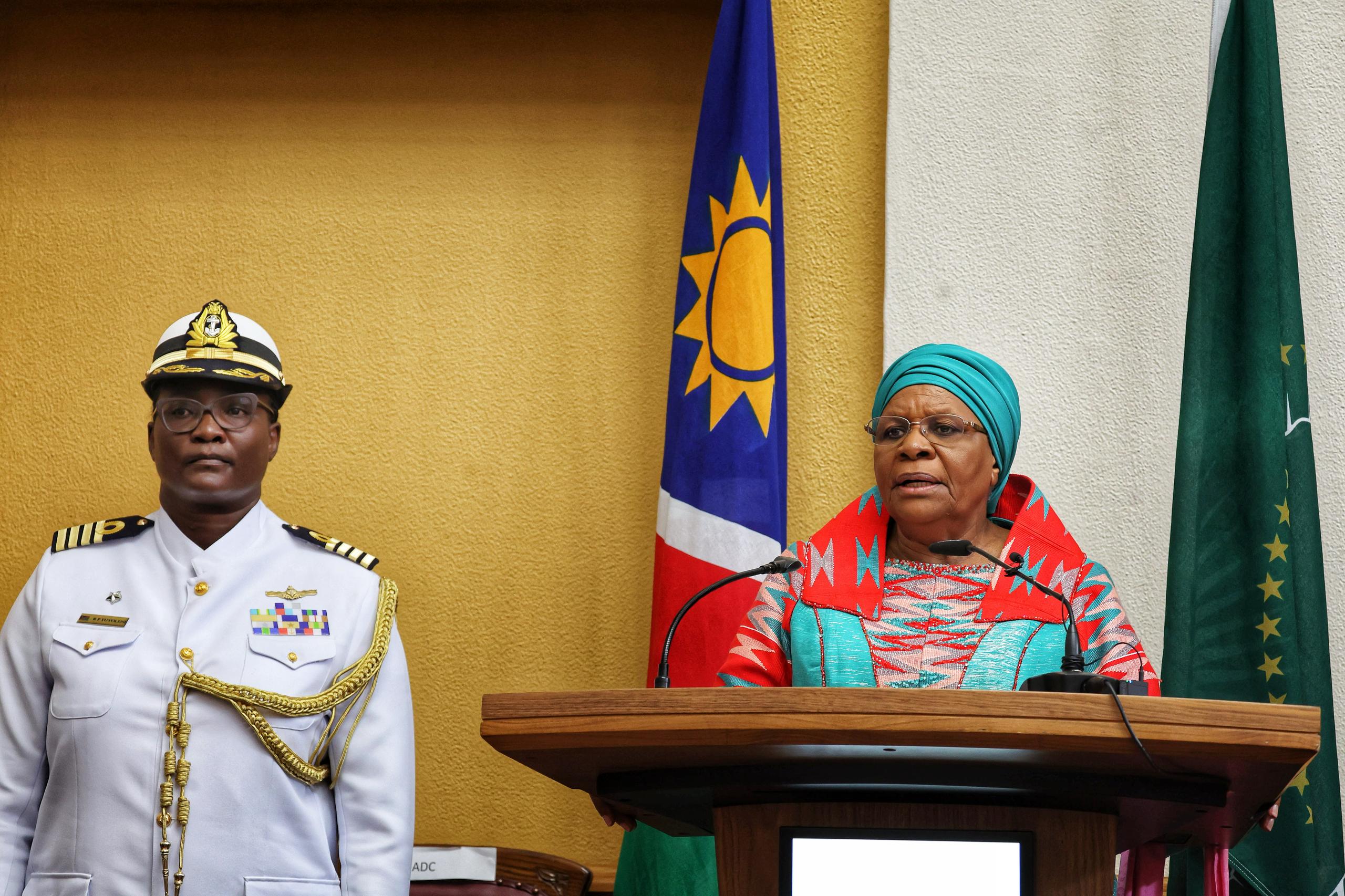ECOSYSTEMS restoration is a remarkable solution to land degradation, as it slows down climate change and brings back lost biodiversity, says Namibia’s environmental commissioner, Timoteus Mufeti.
Mufeti’s remarks were in response to the theme of the 2021 World Environment Day ‘Ecosystems Restoration’, which the United Nations Environment Programme (Unep) says is a call to all nations to bring degraded ecosystems back to life to increase their benefit to society and biodiversity.
Mufeti said restoring ecosystems also creates productive land for agriculture, provides jobs and restores nature’s buffers against diseases and pandemics.
“It also helps vulnerable communities to adapt to the changing climate,” he said.
Mufeti told that just as people cause climate change (through induced activities) and general environmental pollution, damaged nature can also be restored to kick-start action for a better world.
According to the South African Biodiversity Institute, healthy ecosystems are directly linked to human well-being and long-term social and economic resilience. Therefore, well-managed ecosystems provide important goods and services such as reeds, thatching grass, food, fuel and natural medicines, says the institute.
Healthy ecosystems also help reduce climate change vulnerability and disaster risk by serving as protective barriers against hazards such as floods, droughts and storms. In addition, there are non-material benefits human beings derive from healthy ecosystems such as spiritual values, a sense of place and identity and tourism.
For too long, human beings have been exploiting the planet’s ecosystems on which they all depend. A May 2019 report issued by the Intergovernmental Science-Policy Platform on Biodiversity and Ecosystem Services (IPBES) notes that the current global response towards restoring ecosystems was insufficient.
Compiled by 145 scientists from 50 countries around the world, the IPBES global assessment report on biodiversity and ecosystems services recommends the need for transformative changes to restore and protect nature.
Emmanuel Koro, a South African-based veteran environmental journalist, says ecosystems provide valuable services for human socio-economic well-being, ranging from the soil “in which we grow plants and crops, the water we drink, the fish in it, the forests that give us timber and resources, and the air we breathe”.
An ecosystem is a group of living organisms that live and depend on one another in a specific environment.
World Environment Day was established by the United Nations General Assembly in 1972 to mark the opening of the Stockholm conference on Human Environment. It is marked globally on 5 June annually.
It is one of the principal channels through which the United Nations encourages political attention and action and stimulates worldwide awareness on the environmental challenges facing the world. The many and varied activities include street rallies, parades, concerts, essays and poster competitions in schools, tree planting, campaigns to promote recycling and clean-up efforts, seminars, roundtables and meetings.
Namibia’s Ministry of Environment, Forestry and Tourism has announced the theme for the 2021 World Day to Combat Desertification as ‘Restoration, Land, Recovery’.
The ministry noted that the themes of the two important environment days emphasise environmental restoration and recovery and is calling on all Namibians to be mindful of the environment to help prevent, stop and reverse the degradation of the environment and land.
The UN has declared the period 2021–2030 as the decade of ecosystem restoration. Namibia is an active party to both the Convention on Biological Diversity, which provides the international legal framework on how loss of biodiversity should be addressed, and the United Nations Convention to Combat Desertification. One of the country’s early interventions to tackle desertification, land degradation and drought was the introduction of Namibia’s Programme to Combat Desertification, which was initiated in 1994.
In recent years, Namibia has been a staunch supporter of the efforts to extend the Great Green Wall Initiative of the Sahara and Sahel to southern Africa. The goal of the initiative is to enhance environmental sustainability, control land degradation, promote integrated resources management, conserve biological diversity, contribute to poverty eradication and job creation.
Globally, World Day to Combat Desertification is marked on 17 June annually. However, in Namibia, the two days will be marked jointly today.
Stay informed with The Namibian – your source for credible journalism. Get in-depth reporting and opinions for
only N$85 a month. Invest in journalism, invest in democracy –
Subscribe Now!










